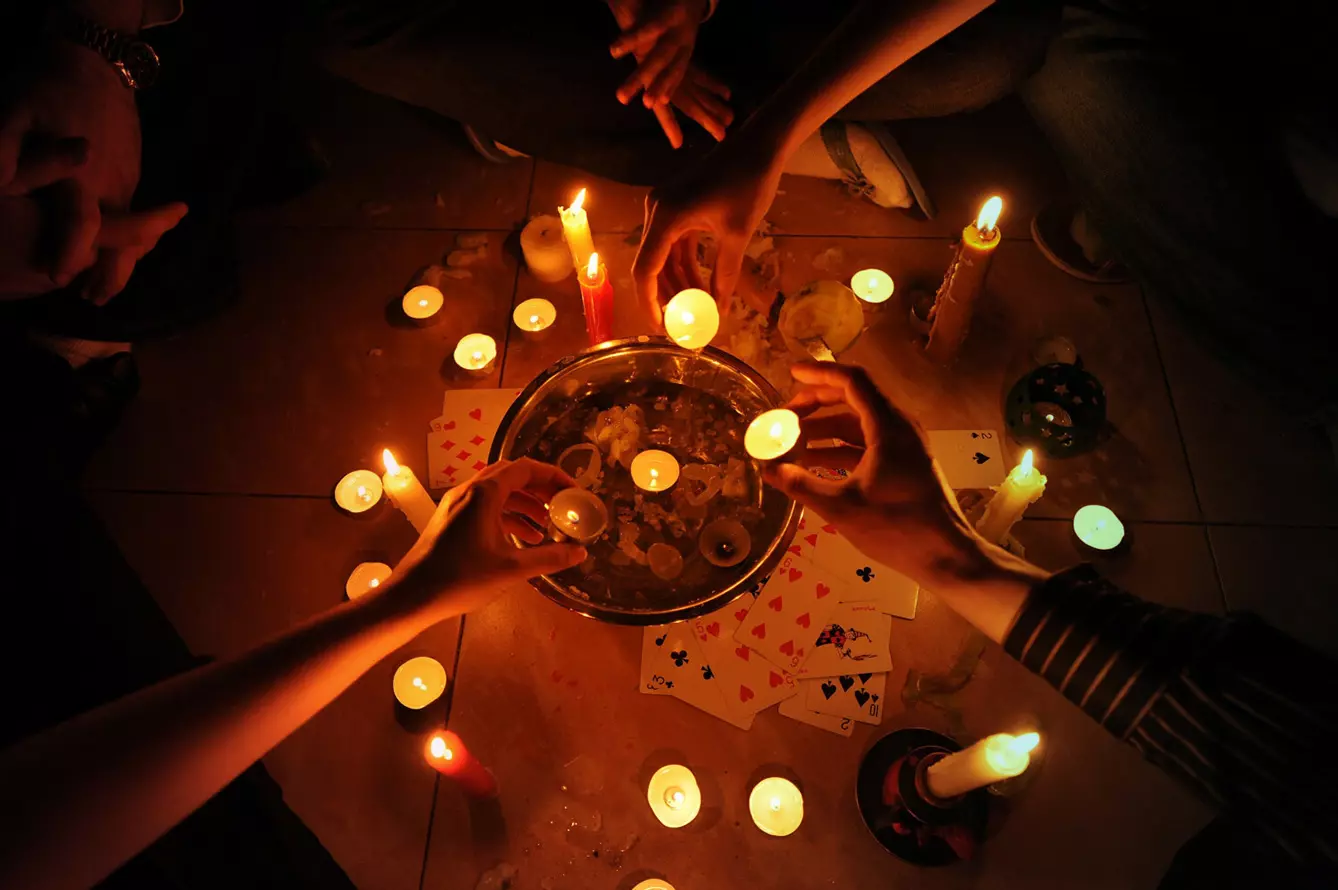Call it what you like – I like to (pessimistically, I admit) call it the fate of the people of the North. When Summer ends – sunny, not too hot, windy enough to enjoy all sorts of sailing and surfing – there is a brief, marvelous period of picturesque golden autumn. Then day by day, the light noticeably shortens, and all that’s left is to wait to see if the winter will bring snowy joy to the cities or if you have to turn to the mountains to enjoy cold weather. (They are, luckily, there with all their offers.)
St. Andrews calendar change
Office workers don’t see it that way, but harvesting and animal herding are over in village areas. Traditional peasant culture is now preparing for winter months. Y’know, the traditional way: cooking preserves, pickling cucumbers, and diving into spirituality.
This change in the calendar from November to December, autumn to winter, has some rite-of-passage vibe to it, and St. Andrew’s Day is one way to touch the boundaries.
Andrzej, a Polish name for Andrew, is a very popular name in Poland, and Andrzejki, St. Andrew’s Eve feast, is observed, as Poles famously celebrate name days more than birthdays – particularly older generations. But the word itself – Andrzejki – is not only a nickname for this popular patron saint’s day but also a – pagan in its roots – the custom of fortune telling, using different foresight techniques, some mystery, and some fun.
Fortune telling: Pagan-Christian entanglement
As is usually the case, we stand in front of a massive Pagan-Christian entanglement. Saint Andrew, the patron saint of Scotland, Greece, and Russia, is a biblical figure rather than a historical one. In his case, this is not a far stretch: the legend calls him the first Bishop of Constantinople, where he evangelized yet pagan Eastern Romans.
But the story pushes him even further: he is supposed to have established the first church around which Kyiv. And perhaps later, he went north from that, establishing one monastery in Karelia, which made him the first Christian in current Russia.
This is the Christian part of the story. What’s less Christian to it? Well, as in the case of more than a few more saints, this one got one more duty due to his name. Andros, the Greek for Andrew, is “a man” in all of its dated meanings: a person of the homo sapiens variety, a human male, and a husband (as in “I pronounce you man and wife”). Hence, one other job for Saint Andrew: patronage to husbands.
Add to that the date: in most of Christianity – Catholic, Greek Orthodox, Armenian, and Coptic, at least one of his days is November 30th, roughly four weeks before Christmas. In the Christian tradition, this is a time of Advent, a four-week preparation for the welcome of Christ.
Praise the Sun
But the pagan lining to it is that it is the beginning of the preparation phase for the winter solstice, which is the time after which – finally! – days get longer, and light defeats darkness once again. Now, who can deny that something is unique to St. Andrews Day? Christian or not, these kinds of special days are believed to attract ghosts or some extraterrestrial forces.
And on that day, you can harness them to tell you the future. Hence, Andrzejki: a vintage custom of forcing supernatural powers to give you a love forecast. Perhaps St. Andrew won’t guarantee you a husband, as Catholic saints don’t work that way, but his function melted with general zeitgeist to form this folk matchmaking/gossip/rite.
Nowadays, the best-remembered fortune-telling custom is pouring hot wax over cold water. As wax solidifies, it takes different shapes. You then project the shape on the wall (using candlelight) and try to guess from the shape what the future holds for you. Note: the wax should be poured through a keyhole from an old-fashioned key. And, as you can easily see, there is a symbolic meaning in using a key, something that locks or fixes things in place; it can also be anti-cheating practice as you must pour wax straight through the keyhole.
This Andrzejki custom still holds somewhat strong during St. Andrew’s Day name day celebrations. But in the past, there was much more to it. And then it was much more directly marriage-related.
Praying for husband on St. Andrew’s Day
So you could pray to St. Andrew, and if you prayed fiercely enough, you could see your future husband in your dreams. Sometimes, girls would pick dumplings for each other to feed to dogs and see which one was eaten first. The lucky girl was to be married first. Other animals have also been used in fortune telling – a clear sign that there is something animistic in looking into the future or that animals can mediate in such activity.
Then, there were more regular plays, such as husband lotteries – boys and girls “matched” by their names written on pieces of paper. And yet, other foodstuffs were used to project the future – such as a long apple peel that, thrown on the ground and interpreted as a letter – initial of the future husband. It’s easy to notice that it all was focused on women, as folk culture was not-that-open to homosexual relationships.
But men also had an Andrzejki equivalent – the now entirely forgotten Katarzynki on the eve of November 24th. St Catherine was supposed to “fix” a young man with a wife, like St Andrew did for young women. If both patron saints swiped right – who knows, maybe was a match?







